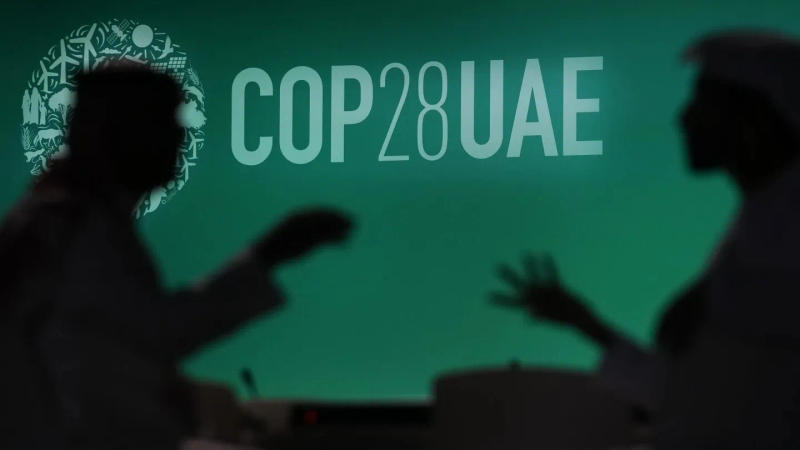Published 17:03 IST, December 5th 2023
UN agency cites worrying warming trend as COP28 summit grapples with curbing climate change
Warming oceans and melting of ice sheets caused the rate of sea-level rise to nearly double in less than a generation, Elena Manaenkova, Deputy Secretary-General of the WMO said.

The United Nations weather agency reported on Tuesday that glaciers shrank more than ever from 2011 and 2020 and the Antarctic ice sheet lost 75% more compared to the previous ten years, as it released its latest stark report about the fallout on the planet from climate change. The World Meteorological Organization served up more evidence of what scientists already know – the Earth is heating – on Tuesday, but this time looking at the trend over a longer period with its latest Decadal State of the Climate report.
“We have seen so many signals from the countries and the continuous increased record, huge record heat in most mostly in all the continents each decade since 1990 was warmer than the previous one. And we see no sign of slowing down,” said Elena Manaenkova, Deputy Secretary-General of the WMO.
Warming oceans and melting of ice sheets caused the rate of sea-level rise to nearly double in less than a generation, he said, and WMO says that bodes ill for low-lying coastal regions and countries. The WMO report said that glaciers measured around the world thinned by roughly one meter (about 3 feet) per year on average from 2011 to 2020, and a look at over 40 “reference glaciers” showed the lowest mass balances of any decade.
As for the ice-sheet thaw, Greenland and Antarctica lost 38% more ice from 2011 to 2020 than in the previous decade. It also said that sea level rise has accelerated during the decade because of the melting. "We are losing glaciers, ice sheets and unprecedented rate. Sea level rise accelerates. Ocean heat and acidification is also very pronounced and damages marine ecosystems extreme weather under undermine sustainable development,” said Manaenkova.
Updated 17:04 IST, December 5th 2023




